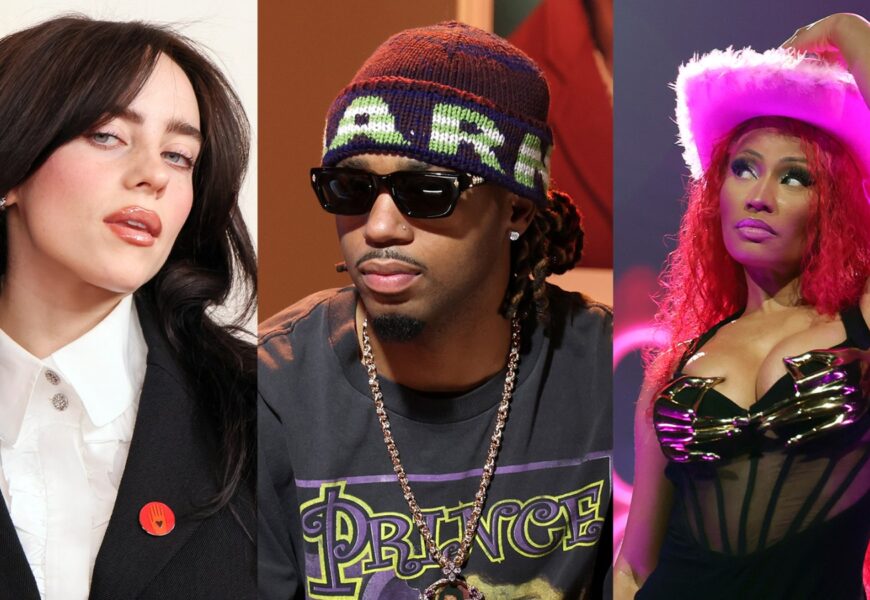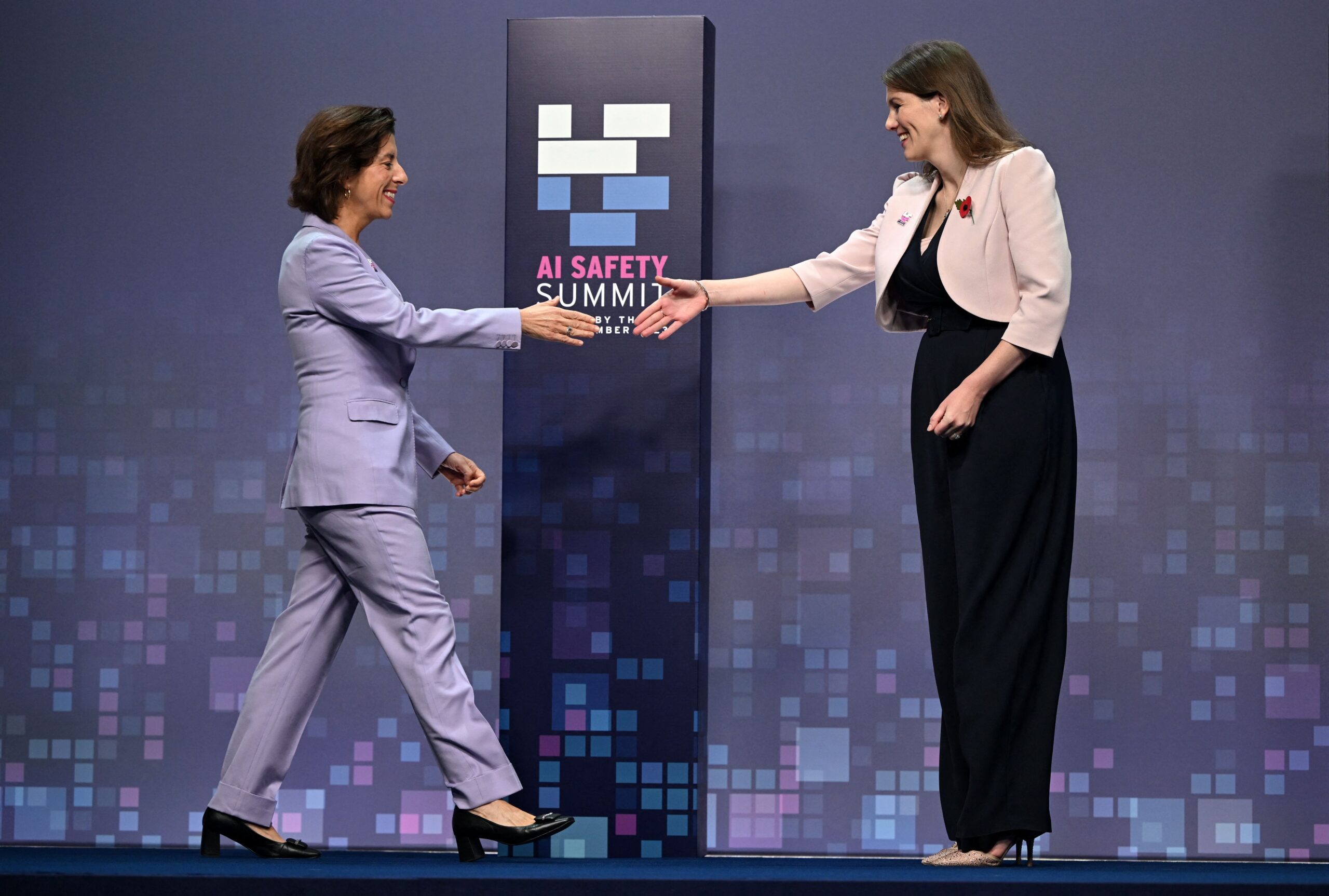Over 200 musicians, including renowned names like Billie Eilish, Nicki Minaj, Metro Boomin, and Pearl Jam, have endorsed an open letter from the Artist Rights Alliance. The letter urges artificial intelligence (AI) companies to refrain from using artists’ music without proper authorization for training their AI technologies.
The signatories, which also feature icons like Stevie Wonder, Kacey Musgraves, Katy Perry, and Imagine Dragons, emphasize the potential threats posed by irresponsible AI usage. They express concerns about privacy, identity protection, music ownership, and livelihood security. The unauthorized utilization of artists’ work by AI firms aims to generate vast amounts of AI-produced ‘sounds’ and ‘images,’ ultimately reducing the royalties paid to artists. This could have devastating consequences for many struggling musicians, artists, and songwriters.
The Artist Rights Alliance, a non-profit organization dedicated to advocating for music creators, calls upon AI companies and tech platforms to commit to refraining from developing or deploying AI tools that undermine human creativity or fail to provide fair compensation to artists.
While the letter aligns with the viewpoints of industry giants like Universal Music Group (UMG) CEO Lucian Grainge, it also acknowledges the potential of AI to enhance human creativity when used responsibly. The group recognizes the importance of fostering new and innovative experiences for music enthusiasts worldwide.
The music and entertainment sectors grapple with the rapid advancement of AI technology, particularly AI music generators. Some initiatives, like YouTube’s collaboration with UMG and Warner Music Group for the Dream Track feature, have explored AI-generated songs based on text prompts and artists’ voices.
However, legal disputes, such as the lawsuit faced by Anthropic—a prominent AI company known for developing the chatbot Claude—highlight the challenges around copyright infringement in the AI space. As AI companies refine their models, legislators are contemplating measures to safeguard artists’ intellectual property and identities. For instance, Tennessee recently enacted the ELVIS Act to shield artists from AI deepfakes and voice impersonations.










